In the middle of a busy city, where everyday life is always noisy and hectic, a small but important change was quietly happening. It wasn’t a political protest or a big scientific discovery; it was something much simpler yet very powerful a simple cloth bag. In this story, we will see how this simple item became a symbol of caring for the environment, why it is a better choice than plastic, and how each of us can help make the planet healthier by using it.

Why Cloth Bags Are Eco-Friendly
To understand the eco-friendliness of cloth bags, it’s essential to look at their life cycle compared to that of plastic bags. Cloth bags, typically made from natural fibers such as cotton, hemp, or jute, have several environmental benefits:
1. Renewable Resources:
Cloth bags are made from renewable resources. Cotton, for example, is a crop that can be replanted annually. Hemp grows quickly and requires minimal pesticides, while jute is a hardy plant that thrives in diverse climates.
2. Durability:
Cloth bags are significantly more durable than plastic bags. They can be used hundreds of times before showing signs of wear and tear. This durability means fewer resources are consumed in the long run, as one cloth bag can replace hundreds, if not thousands, of single-use plastic bags.
3. Biodegradability:
When a cloth bag reaches the end of its life, it can be composted. Natural fibers break down much more readily than synthetic ones, leaving behind no toxic residue. In contrast, plastic bags can take hundreds of years to decompose, leaching harmful chemicals into the soil and water.
4. Lower Carbon Footprint:
The production of cloth bags generally involves lower carbon emissions compared to plastic bags, especially when considering the energy-intensive process of extracting and refining petroleum to produce plastic.

The Environmental Impact of Plastic Bags
Plastic bags, despite their convenience, have a devastating impact on the environment:
1. Pollution:
Plastic bags contribute significantly to land and water pollution. They are often found in oceans, where they pose a deadly threat to marine life. Animals can ingest plastic, mistaking it for food, leading to blockages in their digestive systems and often death.
2. Non-Biodegradability:
Plastics are notorious for their persistence in the environment. A single plastic bag can take centuries to break down, during which time it continues to fragment into microplastics, contaminating ecosystems and entering the food chain.
3. Resource Depletion:
Plastic bags are made from petroleum, a finite resource. The extraction and processing of petroleum contribute to environmental degradation and greenhouse gas emissions, exacerbating climate change.
4. Waste Management:
Plastic bags are difficult to recycle and often clog machinery in recycling facilities. Many end up in landfills, where they take up space and pose a long-term environmental hazard.
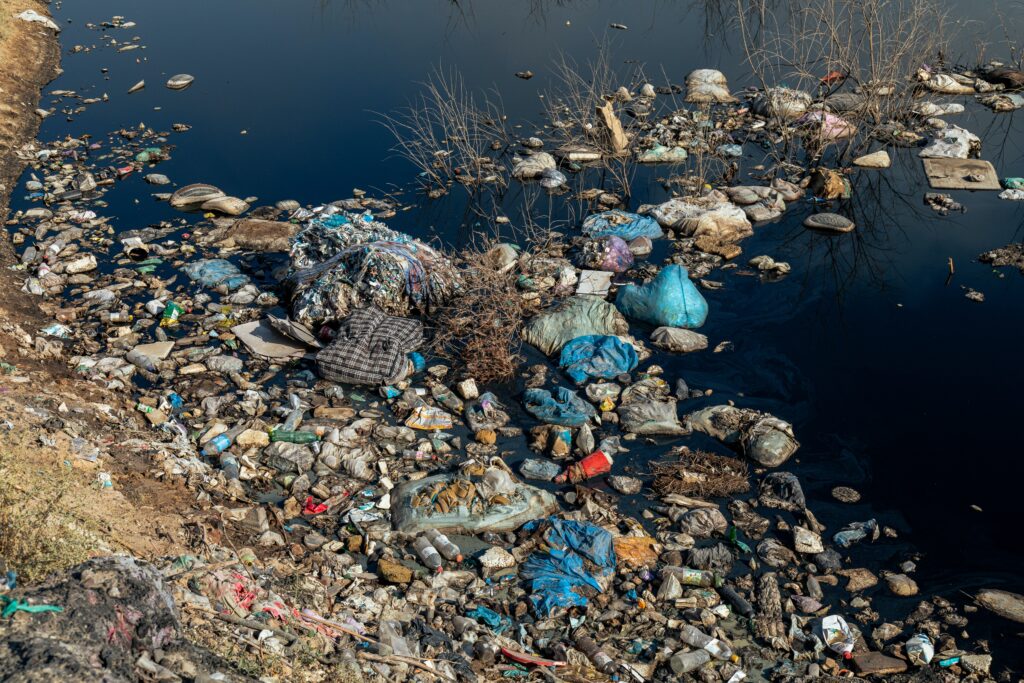
The Positive Change of Carrying a Cloth Bag
The switch to cloth bags can bring about significant positive changes:
1. Waste Reduction:
By using a cloth bag, an individual can prevent hundreds of plastic bags from entering the waste stream each year. This reduction in plastic waste can alleviate the burden on waste management systems and reduce pollution.
2. Conservation of Resources:
Cloth bags help conserve the petroleum and energy used in the production of plastic bags. This conservation effort supports the sustainable use of natural resources and helps mitigate climate change.
3. Promoting Environmental Awareness:
Carrying a cloth bag is a visible statement of one’s commitment to environmental protection. It can spark conversations and encourage others to make sustainable choices. As more people adopt reusable bags, a culture of environmental responsibility can flourish.
4. Supporting Local Economies:
Many cloth bags are produced by local artisans and small businesses, like Eleanor’s shop. By choosing to purchase these bags, consumers can support local economies and promote fair trade practices.
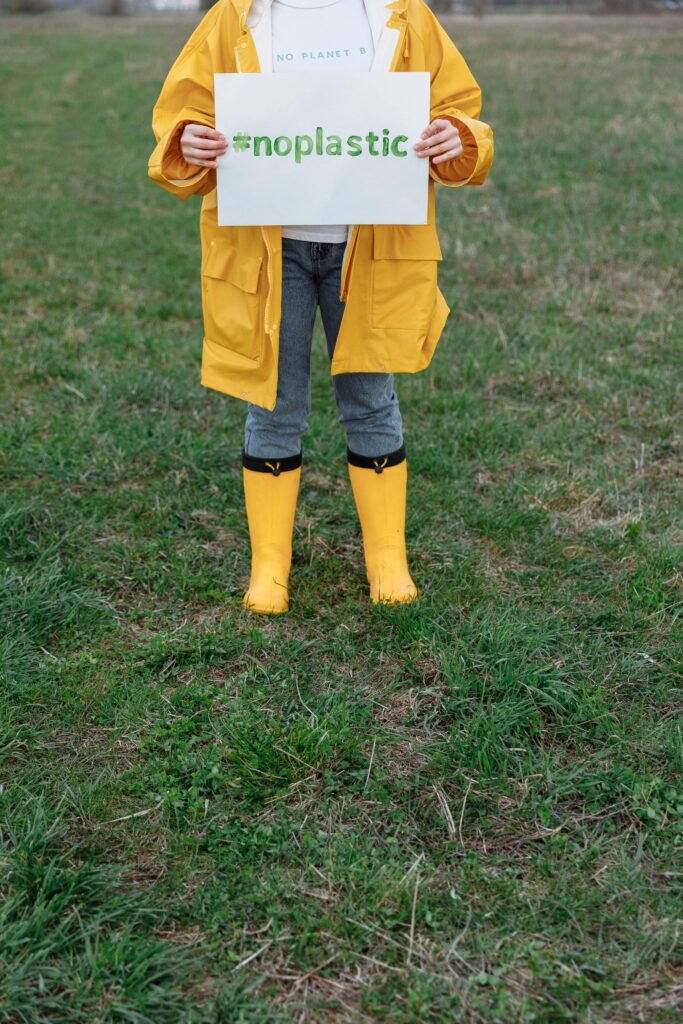
Practical Tips for Adopting Cloth Bags
Making the transition to cloth bags can be seamless with a few practical tips:
1. Keep Bags Handy:
Store cloth bags in convenient locations, such as in your car, near the front door, or in your office. This ensures they are always within reach when needed.
2. Multiple Uses:
Remember that cloth bags are versatile. They can be used for groceries, carrying books, packing for trips, or even as gift bags.
3. Care and Maintenance:
Wash cloth bags regularly to keep them clean and hygienic. Most cloth bags can be machine-washed and air-dried.
4. Share the Message:
Encourage friends and family to switch to cloth bags. Gift them a cloth bag or share your positive experiences to inspire change.
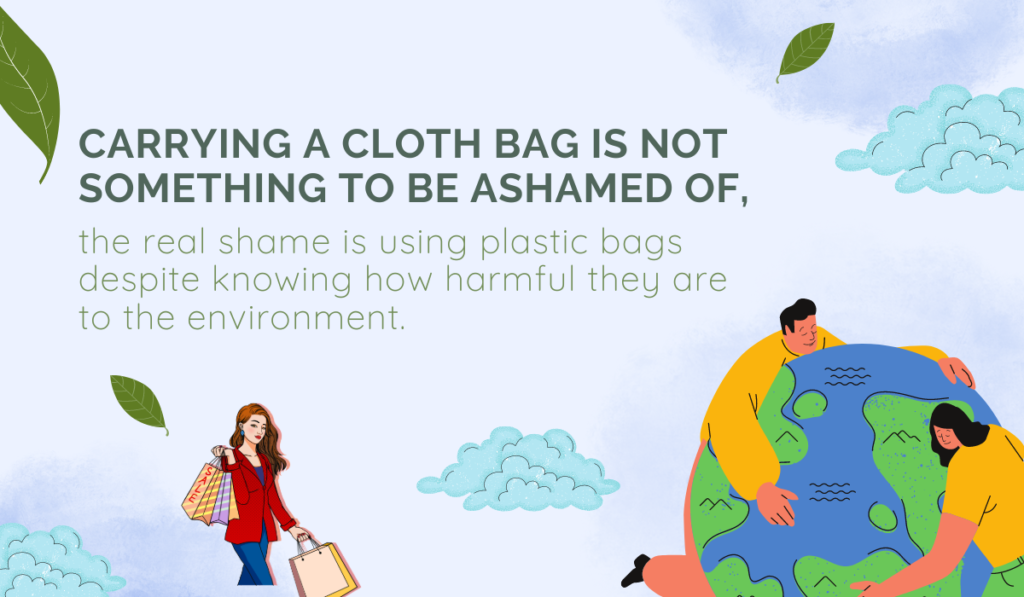
A Collective Effort for a Greener Future
The impact of a single person switching to cloth bags may seem small, but when multiplied by millions, the results are profound. Communities around the world are beginning to recognize the importance of reducing plastic waste and are taking steps to promote reusable alternatives. Some cities and countries have implemented bans or taxes on single-use plastic bags, further encouraging the use of sustainable options like cloth bags.
In our story, Eleanor’s shop became a hub for environmental activism. She organized workshops to teach people how to make their own cloth bags and hosted educational sessions about the environmental impact of plastic. Local schools incorporated lessons on sustainability into their curriculums, inspired by the simple yet powerful cloth bag.
As more people joined the movement, the city began to transform. Streets were cleaner, waterways clearer, and the sense of community stronger. The cloth bag became a symbol of the collective effort to protect and preserve the environment for future generations.
The story of the cloth bag is a testament to the power of small actions in driving significant change. By choosing to carry a cloth bag, each one of us can contribute to a more sustainable and healthier planet. This simple switch not only reduces plastic waste and conserves natural resources but also fosters a culture of environmental responsibility and community engagement.
As we continue to face the pressing challenges of environmental degradation and climate change, let us remember the humble cloth bag and the profound impact it can have. Let us embrace this eco-friendly option and inspire others to do the same, creating a ripple effect of positive change that can help safeguard our planet for generations to come.









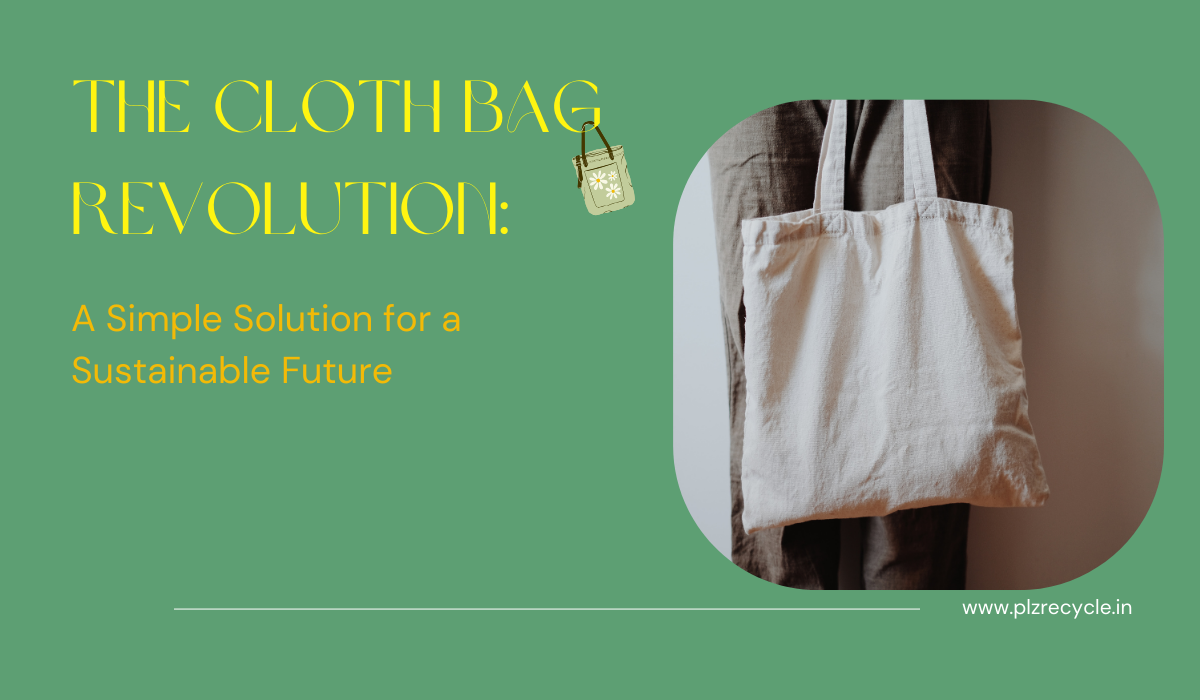



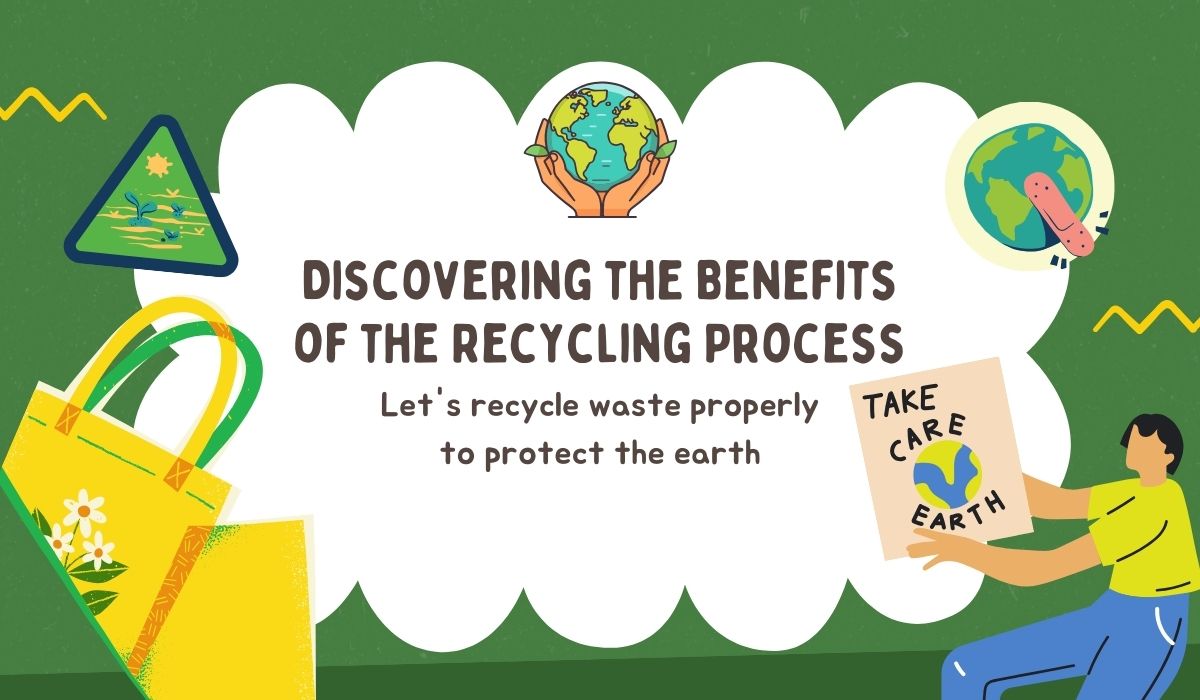
Definitely one of the best explanations out there.
I every time used to read post in news papers but now as
I am a user of net so from now I am using net for posts, thanks
to web.